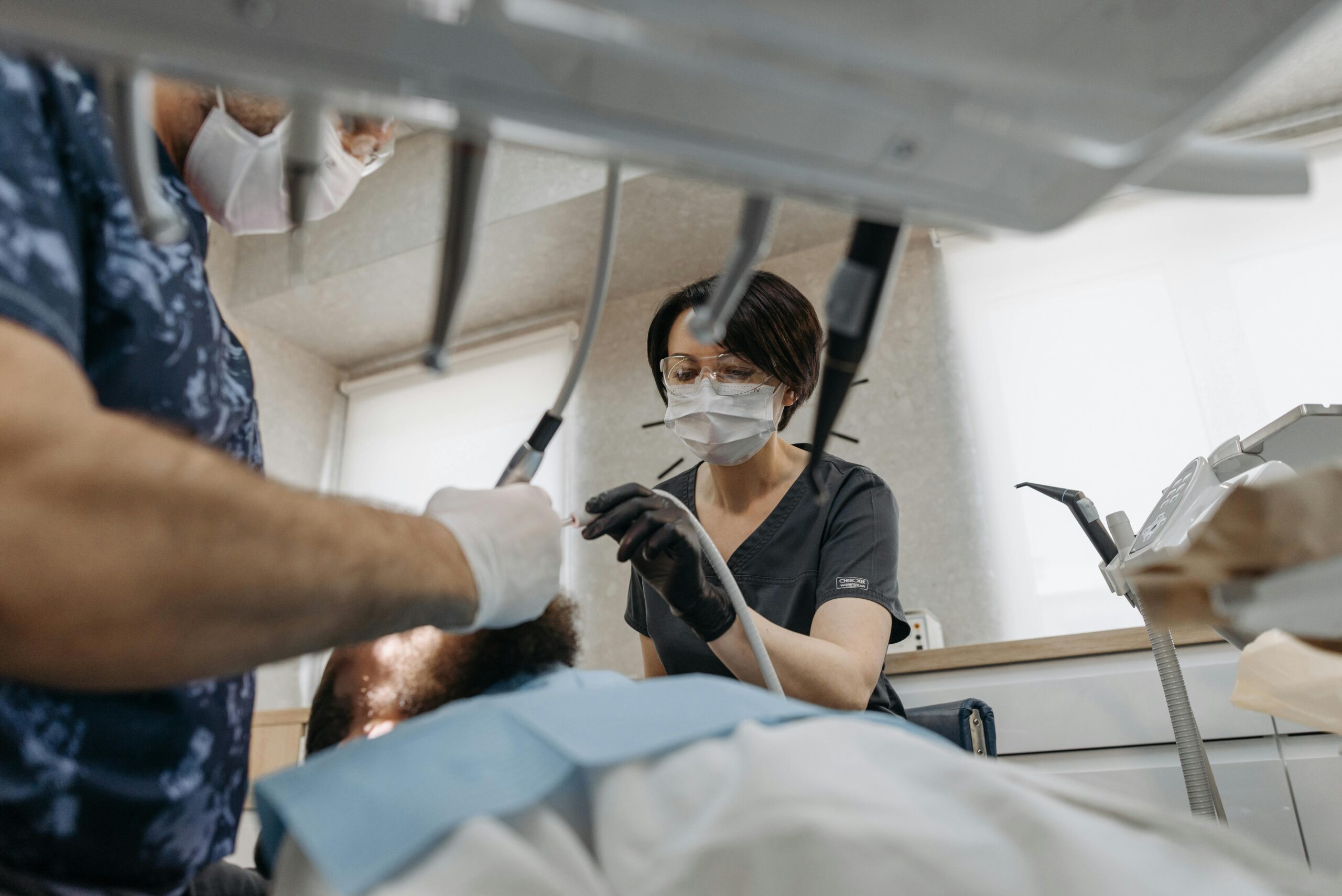New Patients at Water Brook Dental
What to Expect at Your First Visit

🦷 Full Dental Exam
📸 X-Rays (If Needed)
Low-radiation digital X-rays are taken only when necessary to identify issues that aren’t visible during a visual exam.
📋 Clear Treatment Plan
You’ll receive a written treatment plan that clearly outlines:
Recommended treatments
Alternative options
Expected timelines
No pressure. No confusion.

💲 Cost Review Before Treatment
We review all costs upfront, including:
Insurance coverage
Medicaid or Medicare benefits
Out-of-pocket expenses
Payment and financing options
You’ll always know what to expect before any treatment begins.
We Take Time to Explain Everything
We believe dental care should be easy to understand. Our team explains your dental health and treatment options in plain language, answers all your questions, and gives you as much time as you need to feel comfortable.
Our goal is for you to leave your first visit feeling:
✔ Informed
✔ Relaxed
✔ Confident about your dental care journey
New Patient Forms Made Easy
To save time, new patient forms can be completed online before your appointment. This helps streamline your visit and allows us to focus more on your care when you arrive.

Dental Cleanings
Professional cleanings remove plaque and tartar that brushing alone can’t reach. Regular cleanings help prevent cavities, gum disease, and bad breath.
Best for: Routine oral health maintenance.
